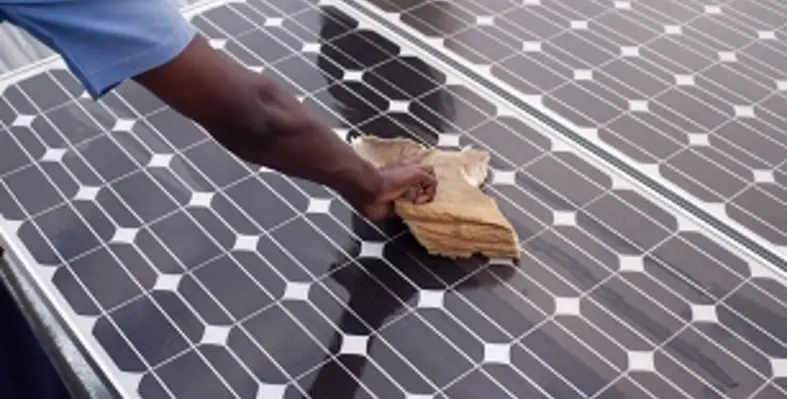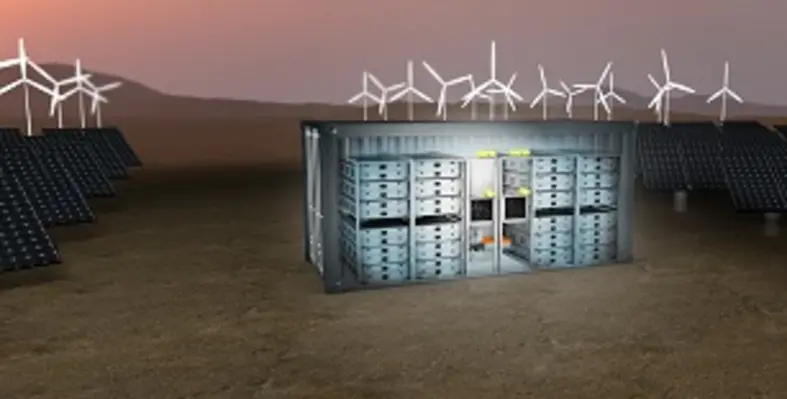
BIUST undertook detailed geophysical analysis of the hot spring to evaluate its generation capabilities, measuring the area to a depth of 22 km. (Image source: BIUST)
Liza Sarazin, senior director – brand and marketing at Seequent, The Bentley Subsurface Company, explains how Botswana International University used detailed geotechnical analysis to bring geothermal energy to Africa















